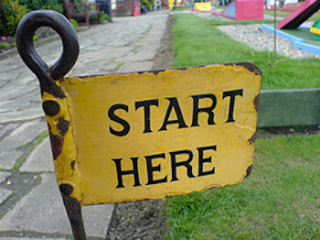I have just finished reading Gordon MacKenzie's 1996 'classic', Orbiting the Giant Hairball and highly recommend you do the same.
Messages
MacKenzie closes with a chapter on painting by numbers. He talks about the artwork that we are all uniquely able to create with out lives. On the other hand, social expectations lead us towards filling our canvas with brushstrokes that are only superficially ours - we are lead to follow in the footsteps of others, meeting normalised and derivative ideas of success. It's quite simple, if subtle, but it really made me sit back and take note - it's possible to feel like you're creating something worthwhile, but only realise well down the track that it was nothing of the sort. It is a little tangential to the book's key points, but I think it's a rather clever metaphor and a good prompt to get out there and do something with what you've just learnt.
The book revolves around the metaphor of the 'hairball' of a (corporate) social environment - 'an entangled pattern of behaviour'. (Interview @Fast Company.) To maintain vibrancy in this environment we must understand and play off the rules in that space, but keep a sufficient distance to avoid becoming trapped, and losing perspective and the freedom to move.
It's no wonder that government driven by rules and compliance will struggle to find creative, new solutions to deal with shifting issues.
One of MacKenzie's provocative points is that if you're to be creative, you can't know what will eventuate - so focusing on outcomes is counter-productive.
The Book
The book is driven by a series of anecdotes that make it an engaging, light read.
What I love most is the way it's illustrated and presented, with lovely use of sketches and typefaces. It leaves me feeling - nay, demanding! - that more books should be like this. It's made me think about how I present my own thinking as well. Even if you don't read it, take the chance to pick it up and flick through it.
I will write a longer post soon, synthesising some of my thoughts from the book - about how we think about 'organisations'. In the meantime, see if you can't find a copy to have a look at.
www.jsbaxter.com.au
@JohnSBaxter







